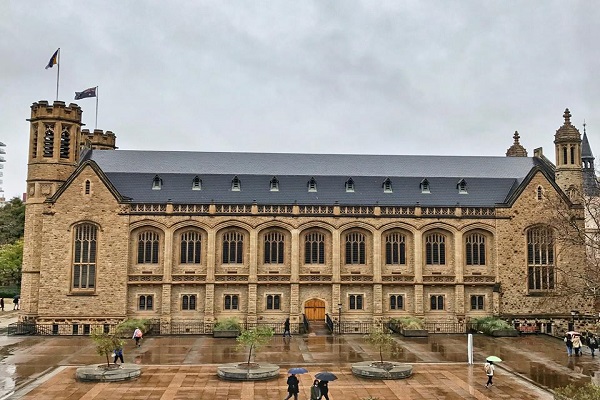University of Adelaide: Reducing atrial fibrillation through ED protocol
AF – a type of arrhythmia that causes the heart to beat in a fast and irregular way – is the leading cause of heart-related hospitalisations in Australia.
Director of the Centre for Heart Rhythm Disorders at the University of Adelaide’s Adelaide Medical School, Professor Prash Sanders, said the study aimed to examine the effect of an emergency department (ED) protocol to guide clinicians in the treatment of AF.
“Multiple studies have demonstrated there is a significant variation in how admissions to hospital for AF from the ED are treated, meaning that a number of hospitalisations could be preventable,” Professor Sanders said.
“Overseas studies have shown that a streamlined protocol based approach reduces hospitalisations with many clinical conditions.
“We will evaluate an innovative model of care for the treatment of AF, encompassing a consistent approach in ED’s with early outpatient follow up in a rapid access AF clinic.
“The AF clinic will ensure delivery of care that adheres to strict guidelines, thereby reducing the risk of AF related complications.
“We will also examine the impact of the patient’s quality of life and what symptoms they have for 12 months after they are diagnosed.”
“This is an important study because atrial fibrillation (AF) is a global epidemic associated with significant morbidity and mortality… Urgent strategies are needed to mitigate this growing trend.”
Professor Prash Sanders
AF reduces the heart’s ability to pump blood properly through the body, increasing the chance of blood clots forming in the heart and travelling up to the brain, where it can cause a stroke.
“This is an important study because AF is a global epidemic associated with significant morbidity and mortality,” Professor Sanders said.
“AF is a major source of loss productivity and is an ever-increasing burden on the health care system.
“Urgent strategies are needed to mitigate this growing trend.”
The investigator team for this study includes Professor Sanders, Celine Gallagher, Adrian Elliot, Dennis Lau, Gijo Thomas, Melissa Middeldorp, Christopher Wong and Jean Jacques Noubiap from the University of Adelaide, Jeroen Hendriks and Anand Ganesan (Flinders University), Debra Rowett (University of South Australia), and Thiruvenkatam Govindan (Royal Adelaide Hospital).
The National Health and Medical Research Council has awarded more than $1 million over three years to fund the research from the Medical Research Future Fund – 2022 Models of Care To Improve the Efficiency and Effectiveness of Acute Care Grant.

